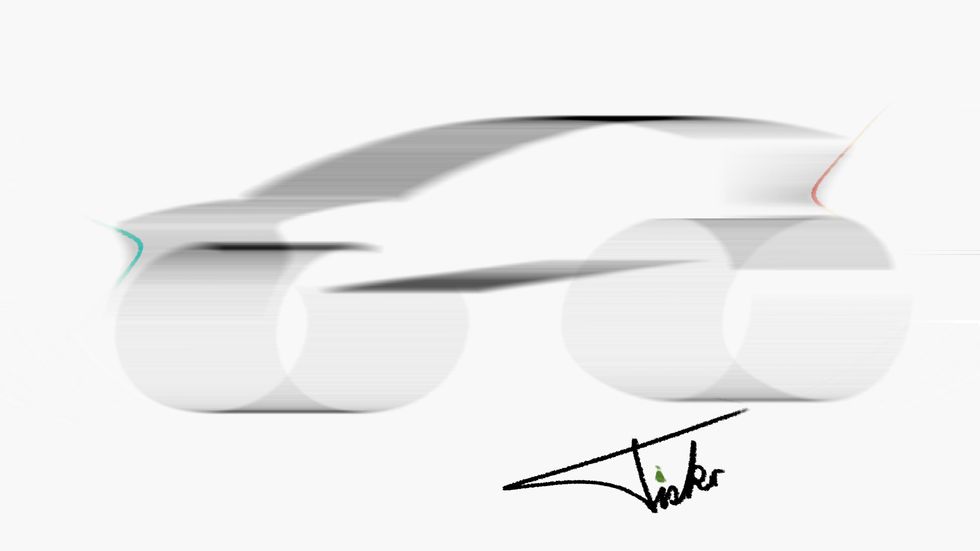On this episode of Office Hours, Airvet Founder and CEO Brandon Werber explains the importance of teamwork, and the company’s shift to B2B.
In 2018, Werber launched Airvet, a Beverly Hills-based digital health company for pets. Airvet works with employers and business partners to make sure pet parents get affordable and fast access to virtual vet care via video and chat.
“Our whole vision is to democratize pet care and then help the vet industry with their national shortage by creating better tools for vets,” Werber said.
Growing up as the son of a veterinarian, Werber knows the value of having access to a pet care expert on-demand.
“It shouldn't be a luxury to be able to care for your pets,” he said. “Pets are part of the family just like kids, and it shouldn't be something that's reserved for the high net worth of the people that are super connected. Every single pet family should have access to the same level of care, the same frequency and the best doctors at a price they can afford.”
But Werber’s first foray into entrepreneurship dates back to 2012 when he founded his first startup Lootsie, an advertising platform. But unfortunately, he didn’t have much luck getting it off the ground.
“I took all the network and a lot of the investors that invested in that company that were our first investors at Airvet that got it off the ground,” he said.
While his first startup didn’t make it, Werber admitted that one of the biggest lessons he learned was the importance of having a good team.
“Team is everything,” Werber said. “Better than the product, better than the idea, better than the TAM or the market. Your team and largely your leadership team is going to be — especially at an early stage — the key to success.”
Because that aspect was crucial, Werber was sure to choose wisely.
“We actually went through a couple iterations of our leadership team before we got it to where it is today, " he said. “Which is like the perfect Apollo crew.”
In addition to having the perfect crew, Werber said another big takeaway from his first startup was knowing when to say no.
“As a first time founder, there's so much excitement, so much passion and it drives everything,” Werber expressed. “You become almost blinded by just building off pure passion and energy and you want to say yes to everything.”
But even so, Werber, a second time founder, is constantly learning new things about the business.
“The first thing when you go to market is you want to sell to the people who need your product, and that's the most obvious path,” he said. “So who needs our product? Who's the end user? It's pet families.”
Werber said that’s how Airvet initially started–following the direct to consumer route.
“But there's a big difference —especially in this market — between growth at all costs, and actually building a business that has healthy margins, healthy unit economics, and really taking a step back and looking at the fundamentals of the business,” he said“Is this scalable? Am I going to be able to build a profitable business over the next few years with this path to growth?”
While Airvet was seeing tremendous growth, Werber saw the uptick in customer acquisition cost and it forced him to pivot to an enterprise solution.
“We could do all the optimization we can,” he said. “But it ends up being an extraordinarily expensive game, you could tell that the current strategy wasn't working.”
Werber added, “we acquire them (customers) through businesses. So it's known as B to B to C. So now what we're doing is we're selling to enterprises, largely employers and their employee benefits teams within those large jumbo employers to create a new category of pet family benefits. So that the end user is the pet family, in this case, the employee gets Airvet at no cost, and it's subsidized by the employer.”
dot.LA Reporter Decerry Donato contributed to this post.
Want to hear more episodes? Subscribe to Office Hours on Stitcher, Apple Podcasts, Spotify, iHeart Radio or wherever you get your podcasts.
- Office Hours: Ford Foundation’s Roy Swan On The Value of Impact Investing ›
- Office Hours: CNBC’s Julia Boorstin on How Female Founders Can Thrive ›
- Modern Animal Raises $75.5 Million to Upgrade Pet Care and Upend the Vet Industry ›
- From the Vault: VC Legend Bill Gurley On Startups, Scaling - dot.LA ›


